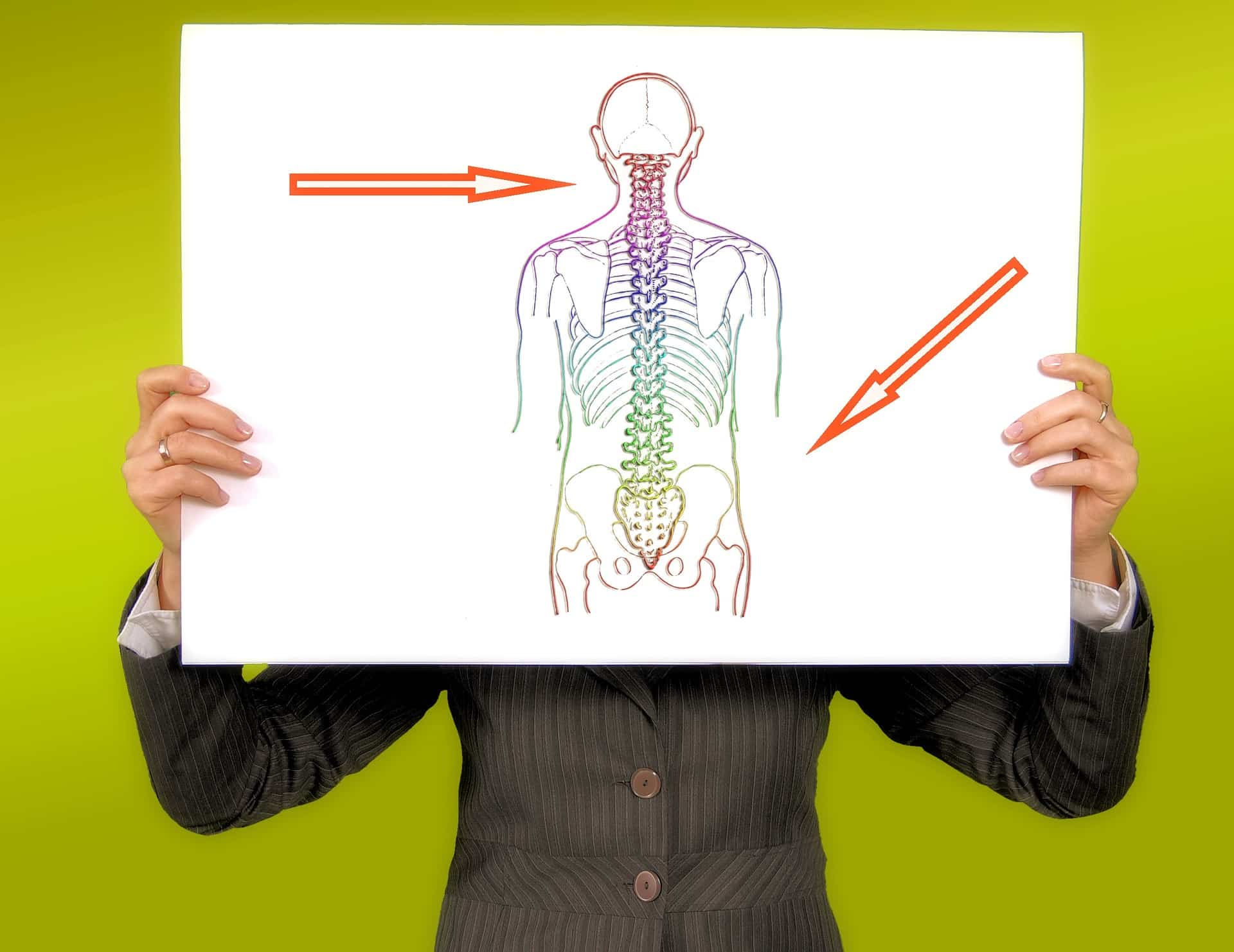Bones play one of the most integral roles in the body: they provide a skeletal structure, serve as a protective composition for the organs, and contain necessary minerals like calcium. Keeping your bones strong and safe is vital for your health and movement and will greatly help your quality of life as you grow older. Maintaining your bone health is easier than you think, and focusing on diet, lifestyle, and physical activity can greatly help your bone health. Keep reading to learn more about the importance of healthy bones!
What are the Effects of Bone Health Negligence?
Not working to keep your bones healthy and strong can have many adverse effects on your safety and may lead to lasting medical conditions resulting from weak bones. Here are some of the common medical problems experienced due to negligence in keeping your bones healthy:
- Osteoporosis: This is a common bone-related medical condition amongst the elderly, where the mass of the bone reduces, leading to weak bones, as well as a greater tendency of fractures.
- Arthritis: Arthritis is another common medical condition that may arise if you do not care for your bones. If your bones are weak, then they may be experiencing arthritis symptoms such as stiffness and inflammation, which can greatly reduce your motion and lead to constant joint pain.
- Reduced Motion: Motion is greatly dependent on our bones, and bones need to be healthy and strong to support our weight and facilitate the movement of our body. If the bones are not healthy, movement will be restricted and will lead to stiffness in joints while moving.
- Constant pain: Since bones support our weight, weakening can lead to constant pain in stressed joints and lingering discomfort in various areas such as ankles, hips, and knees.
What is the Importance of Bone Health?
Bone health is important simply because as you grow older, your bones also grow and change when new bone replaces the old bones as you age. During your younger years, your body can make new bones faster than the rate of breaking down the old bone, increasing your bone mass and bone density scan.
Once you reach your peak bone mass at a certain age, the process will start to slow down, and you will lose bone mass over time. Thus, your bone strength and density as you grow older depend on the bone mass level you achieve at your peak.
This fundamental property of bone growth is why it is so important to keep your bone healthy. The better your bone health at your peak, the stronger your bones will be when you grow old and have a higher risk of problems like Osteoporosis and other adverse effects.
What Steps can you Take to Improve Bone Health?
While bone strength and health are ideally built during adolescence, there are steps you can take in adulthood to improve your bone health. These particularly tie into diet, lifestyle changes, and physical activity, which all help better your bone strength. Some of these steps include:
- Ensure adequate consumption of calcium and Vitamin D in your diet
Calcium is one of the most important minerals that help strengthen your bones, and consuming foods rich in calcium, such as dairy, almonds, salmon, kale, broccoli, and tofu, can be extremely beneficial in keeping your bones healthy. Additionally, Vitamin D helps in the better absorption of calcium by your body and can also be helpful.
- Physical activity
Exercising regularly and adding weight-bearing exercises like jogging, climbing stairs, and walking can help build strong bones and ensure that your joints do not grow stiff while also slowing your bone loss.
- Avoid harmful substances
Consuming tobacco and alcohol can greatly hinder bone growth and health, especially as you grow older. Avoiding or decreasing the consumption of substances can greatly aid in strengthening your bones.
- Watch your diet
Diet plays a big role in strengthening your bones. Aside from the obvious nutrient-rich foods you need to consider, maintaining a healthy weight is also important for bone health. Being underweight can increase the risk of osteoporosis, and low body weight is one of the biggest factors contributing to reduced bone density and bone loss in the middle ages. Conversely, being overweight may lead to weaker bones and the risk of fractures increases due to excess weight. Hence, it is important to maintain a healthy weight, which can only be done through diet and exercise.
However, despite all of these solutions you can employ on yourself, consulting your doctor is essential if you feel any problems arising related to your bones, and conducting a bone density test can be integral for the diagnosis of any medical problems regarding your bones.
Summing it Up
In conclusion, X-rays, physical tests, and medical imaging tests. bone health is extremely important to keep yourself strong and mobile and maintain a better quality of life as you grow older, devoid of problems like joint pain, arthritis, and osteoporosis. You can make various lifestyle changes to ensure your bones remain healthy and strong regardless of age. Still, medical assistance is also recommended regarding problems related to your bones.




